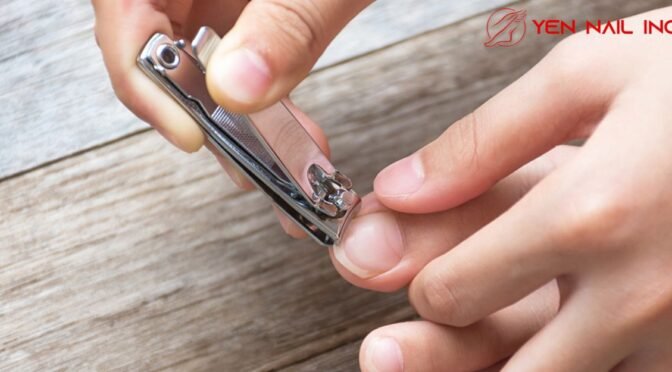Cracked feet can be unattractive, painful, and hard to get rid of! While there are many causes of this frustrating condition, winter weather is one of the most common culprits of dry skin that peels, tears, and cracks. Knowing exactly what the cause is for your cracked heels is the first step to healing them.
Here are some common causes of dry, cracked feet and heels.
Eczema, Psoriasis, Diabetes and Other Dry Skin Conditions
Skin conditions such as these can cause skin to dry out, flake, peel, and even crack down deep into the layers beneath the epidermis, drawing blood. In certain areas of the body, you might not notice these symptoms right away.
Kidney Problems
These bean-shaped organs are responsible for filtering waste products and other toxins from the body. Over time, they can become problematic for reasons including genetics, poor diet, and other lifestyle choices.
Ageing
Over time, the body slows down the production of many different important hormones needed to maintain skin elasticity and strength. For this reason, older people may notice especially dry skin, and even thicker skin on the feet than they had when they were younger.
Unwanted Weight Gain
Wintertime gives you a great excuse to eat a little more than usual – and that’s OK! However, if you suffer from excessive weight gain or obesity, it could be adding pressure to your heels, which causes the cracking of already extra-dry feet.
The Wrong Footwear
Many times, cracked heels are the result of walking in the wrong type of footwear, or wearing a pair of shoes that are too small or improperly fitted. Sandals and other exposing shoes can also cause parts of the foot to slip off balance, further increasing the risk of cracked heels.
Genetics
There are many causes of cracked skin on your feet and heels. If you feel like no matter how hard you try you just can’t keep your heels soft, it could be genetic. Families pass this dry skin condition down to their children.
Poor Hygiene
The skin is the largest organ of the body, and it is charged with removing toxins via the pores. It’s a tough job! Help your skin, and reduce the likelihood of cracked heels by keeping skin clean, dry and moisturized.





